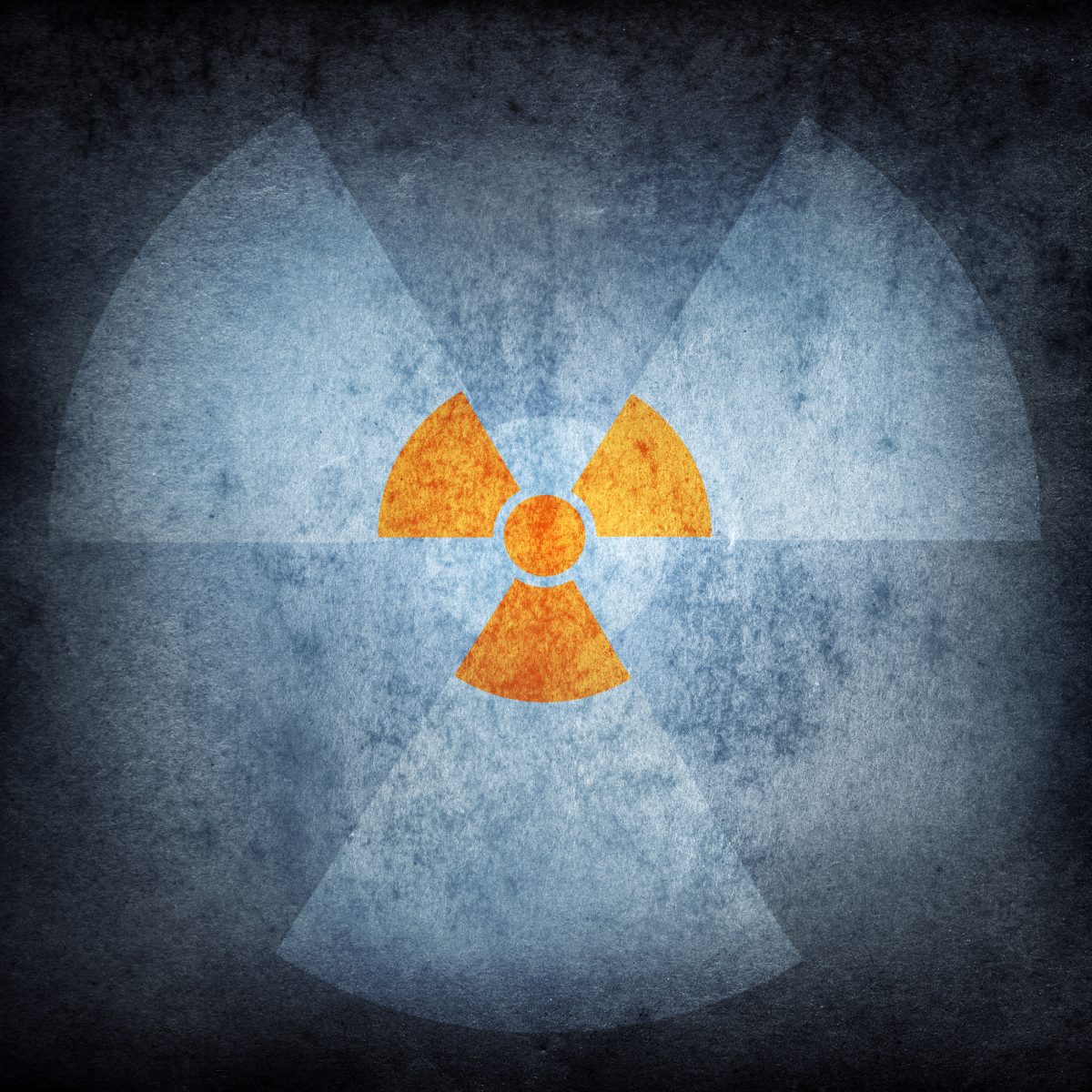Nrf2 Loss Worsens PF in Lungs Treated with Radiation, Mouse Study Shows

Radiation targeting the lungs damages alveolar type 2 cells, causing radiation-induced fibrosis — but a factor called Nrf2 is key in helping those cells recover, researchers at Nashville’s Vanderbilt University Medical Center found.
Their study, “Loss of Nrf2 promotes alveolar type 2 cell loss in irradiated, fibrotic lung,” appeared in the journal Free Radical Biology and Medicine.
Lung cancer patients receive radiation therapy and, as its intensity increases, so do the chances of reducing tumors. This means more intense beams of radiation prolong survival. But it also frequently poisons tissue, and sometimes leads to pulmonary fibrosis (PF) and pulmonary pneumonitis.
As such, wrote researchers, identifying “cell types whose injury initiates a fibrotic response and the underlying biological factors that govern that response are needed for developing strategies that prevent or mitigate fibrosis.”
Previous studies suggested that the loss Nrf2 increases susceptibility to PF, including that induced by radiation. Researchers further investigated Nrf2’s role, looking specifically to identify which cells were affected by the loss of Nrf2.
“We reasoned that a prolonged period of recovery following irradiation would allow identification of cell types whose reparative process was impaired by loss of Nrf2,” the team wrote.
They administered a dose of 12 Gy to the lungs of two different types of mice: wild-type (control) and mice lacking Nrf2. They then let the mice recover for 250 days and later analyzed their lungs.
While both groups of mice developed fibrosis and showed significant loss of alveolar type 2 cells, fibrosis was worse in the mice lacking Nrf2 than in controls. The loss of Nrf2 also hurt the ability of progenitor lung cells to repopulate the lung with cell types damaged during radiation. In addition, it increased the number of myofibroblasts, or cells that cause fibrosis.
Overall, these results support a key role of alveolar type 2 cells in PF and show that Nrf2 is crucial for recovery from radiation-induced pulmonary injury, particularly when it comes to alveolar type 2 cells.







